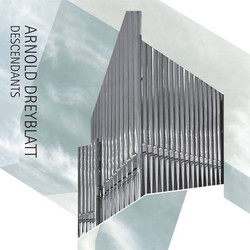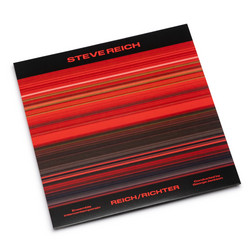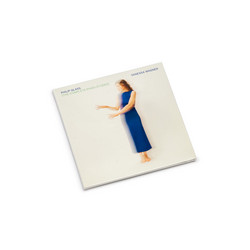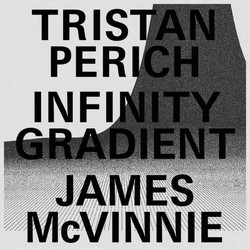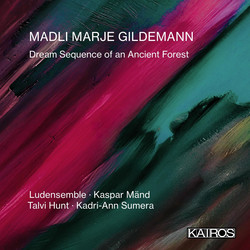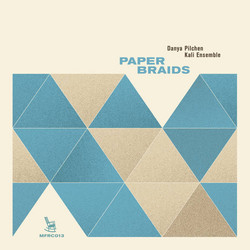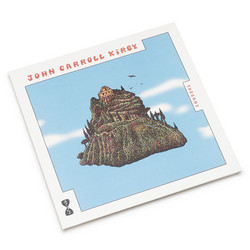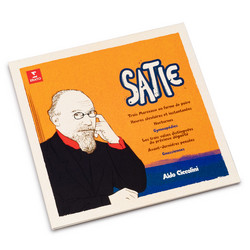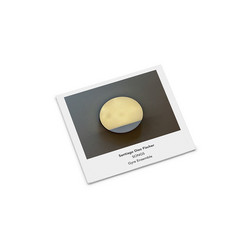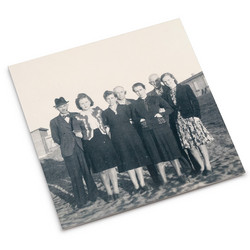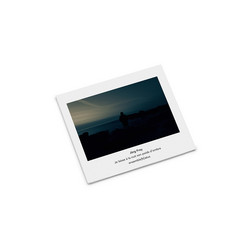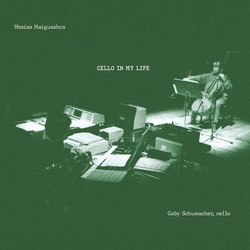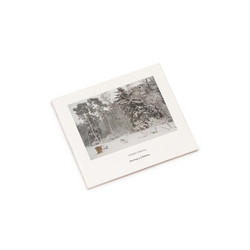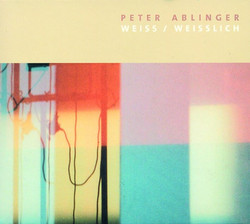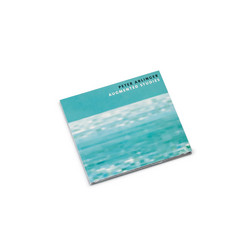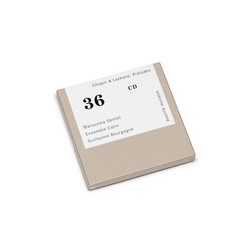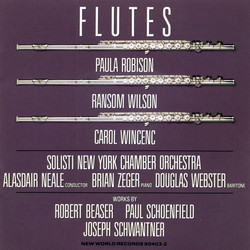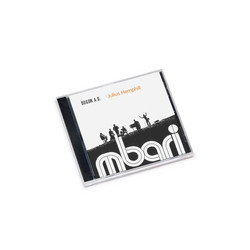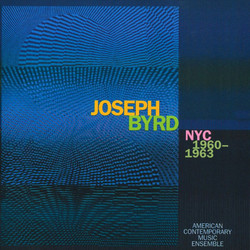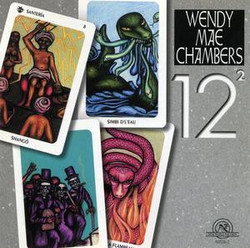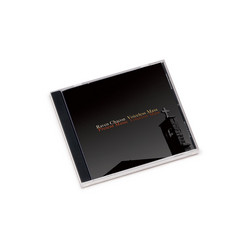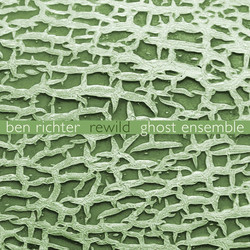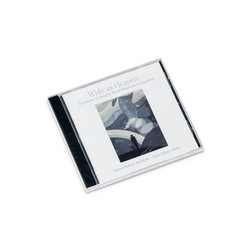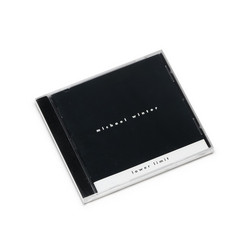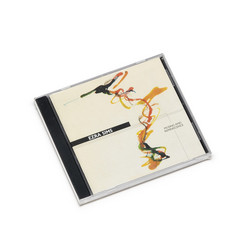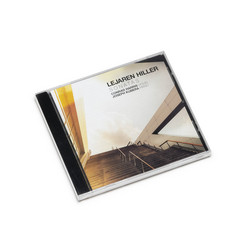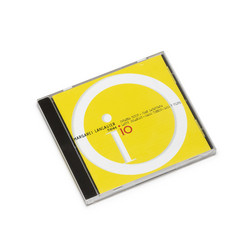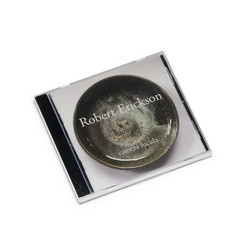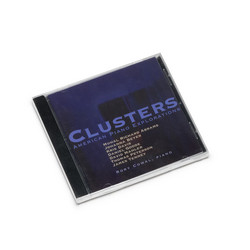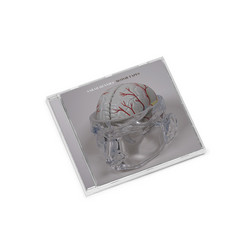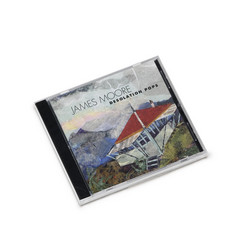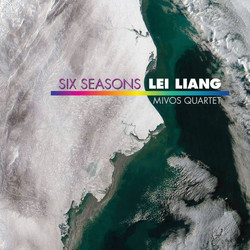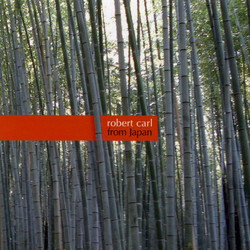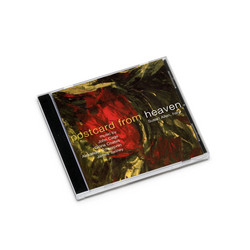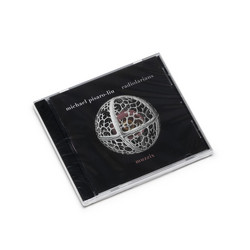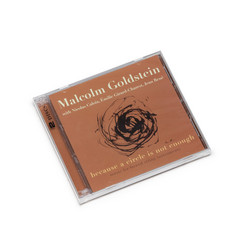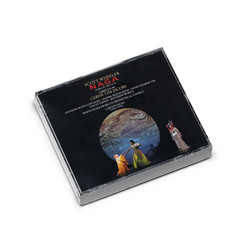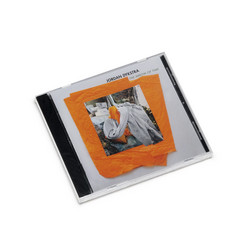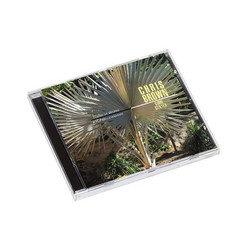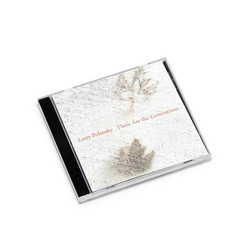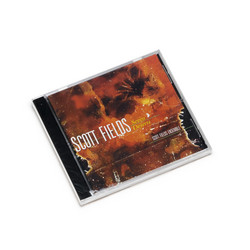Robert Davidovici, Steven De Groote, Paul Schoenfield
Works By: Hugh Aitken, Aaron Copland, Walter Piston, Paul Schoenfield, Gunther Schuller (CD)
Perhaps from the habit of our nineteenth-century parlor-music tradition, perhaps from the frustration of trying to get orchestral works performed, American composers seem to have remained more active in the genre of the chamber sonata than their European counterparts. In America, the genre has received particular attention from composers of a classical or neoclassical bent, as the works on this recording, varied as they are in style and technique, bear out.
In 1945, when he wrote the Sonatina, Walter Piston (1894-1976) was in the middle of his thirty-three-year teaching career at Harvard and had recently been relieved of his wartime duties as a civilian air-raid warden. The flight of Schoenberg and Stravinsky to America prior to World War II had brought Piston into contact with their music, and the Sonatina was among the first fruits of this influence.
Gunther Schuller (b. 1925) is a composer of great versatility in terms of musical techniques. Given Schuller's lifelong involvement with jazz, it's surprising that his Recitative and Rondo is actually less jazz-related than other pieces on this record. For all the virtuosity required, the piece has a delicate, poetic quality to it, augmented in the Recitative by the dramatic effect of a lengthy violin solo before the piano's sudden entrance.
The Nocturne by Aaron Copland (b. 1900) is a neglected gem, written in 1926 for one of Nadia Boulanger's afternoon teas; so prestigious were these events considered among Parisian society that James Joyce made a point of attending its premiere. For all its gentleness and uniformity of mood, the Nocturne contains in germinal form all the features of Copland's early style (prior to his turn towards a "vernacular style" in 1936).
A careful classicism is rarely absent from the music of Hugh Aitken (b. 1924), despite his wide range of emotional expression. This Partita for Solo Violin from 1968 is characteristic of Aitken in its division into brief movements, its repetition of short motives, and its dramatic contrasts between groups of gestures.
To the varied program of works on this record, Paul Schoenfield's (b. 1947) Three Country Fiddle Pieces makes a stunning encore. Originally written with amplification and added percussion (but quite viable without them), this 1980 piece draws on the styles of jazz, blues, and country diddling, blending them and surrounding them with Ivesian dissonances in the piano that seem curiously appropriate (Ives was a ragtime player himself).

